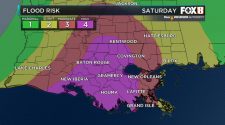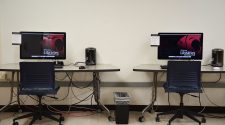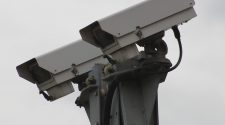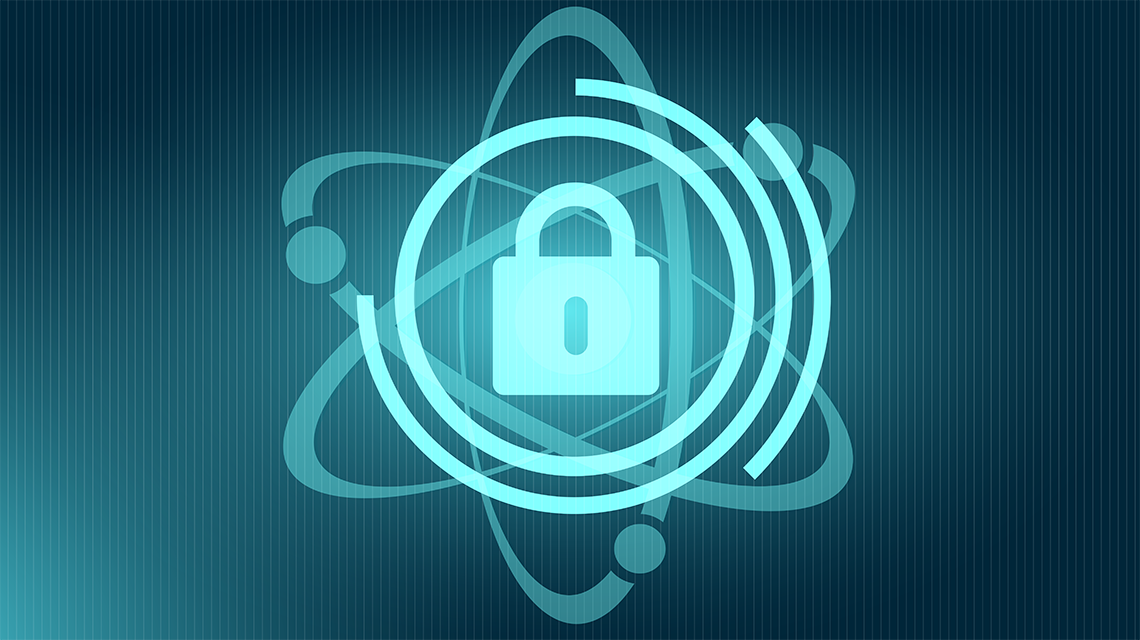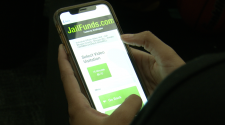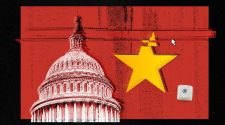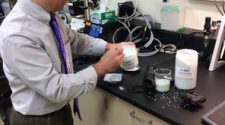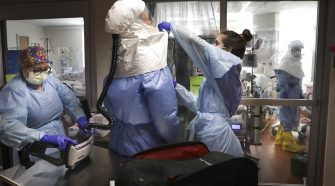Jasmine Auda from the Middle East Scientific Institute for Security (MESIS) in Jordan was selected as a finalist for her essay “The Trust Machine: Blockchain Technology in Nuclear Security and Prospects for Application in the Middle East.” In her paper, she highlights the importance of technical innovations to secure the data of any central authority and suggests the implementation of a blockchain-based monitoring system to help secure nuclear material.
“The discourse on the impact of emerging technologies on arms control and nuclear security often points to the challenges associated with the dual-use nature of these technologies, and less so to their potential advantages for enhancing security,” Auda said. “Blockchain — while unequivocally still unchartered territory for this field — is one such technology warranting further exploration into its ability to strengthen nuclear security.”
Yevhen Kalinichenko from “ENERGOATOM” Zaporozhye Nuclear Power Plant (ZNPP), Ukraine, was selected for his essay entitled “Emergence of Technological Threats and Opportunities for Nuclear Security in the Digital Age.” It focuses on threats for nuclear security like drones and cyberattacks and proposed new means of detecting and counteracting those dangers.
“Vulnerabilities in digital systems appear with alarming frequency, therefore strengthening the international community’s efforts is important to withstand emerging theats,” Kalinichenko said.
American student John Lubianetsky, from the Barstow School, authored a submission on nuclear forensics as an effective tool in determining the origin of detected nuclear and other radioactive materials. His essay is titled “The Application, Development, and Possiblities of Nuclear Forensics in International Cooperation on Nuclear Security.”
“Nuclear forensics tools can be applied to international nuclear security, but reforms and improvements should and must be made through the development of capacity building and multilateral and bilateral cooperation in nuclear forensics,” Lubianetsky said.
A winner from the three finalists will be selected at a special event held in the framework of the conference.
The essays are available here.


